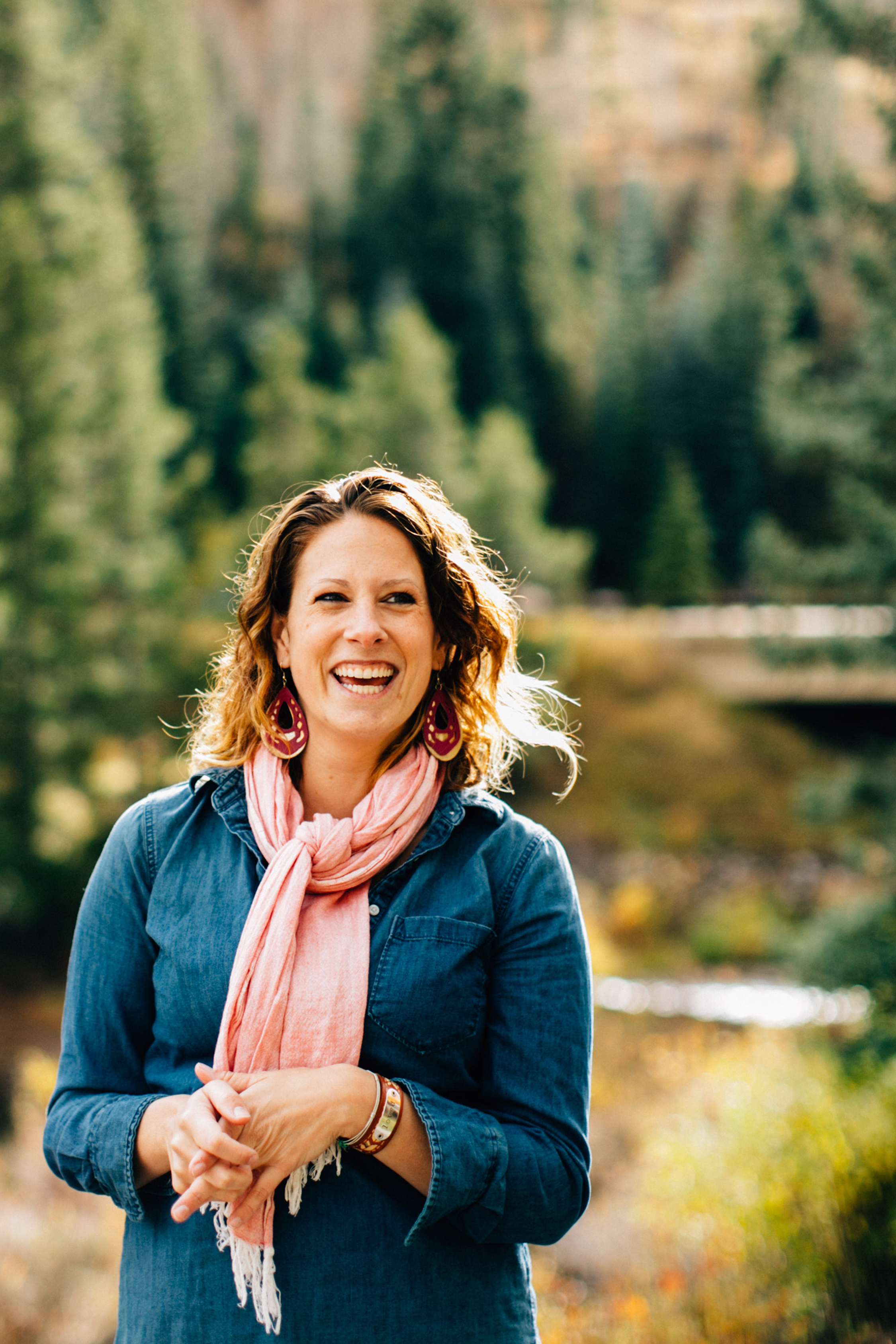I’m not even sure how my life ended up here: sitting in a free clinic with a teenage girl who waits to get tested for AIDs. It feels surreal, if I’m completely honest. We sit side-by-side for hours, waiting to get called back. Periodically one of us will walk over to ask a question of the receptionist in hushed tones. Tears slip silently down her face to drip off her chin, and I reach over to pull her into a hug. I have no words, and perhaps she doesn’t need any. Because what could I tell her that she doesn’t already know? Wiping tears, she rests her head in my lap. I absently stroke her hair until her breathing slows, and eventually evens into sleep. My leg cramps a little, and I shift uncomfortably, but don’t move. I watch the doors open and close to let people into the small waiting room. A tiny Hispanic girl runs up to me and waves dramatically, grinning widely, before her mother pulls her to a chair nearby. Older men topped with bedraggled dreadlocks shuffle through slowly. Young moms push strollers, and teenage girls in groups of two or three collapse in giggles over hairstyles and text messages. A white family huddles quietly in one corner, while the father paces laps around the small room. From behind me, a small boy laughs and pulls my hair, and I turn to smile at him with vague chiding as I gingerly pull my ponytail from his hands.
She stirs next to me, and I resume stroking her hair until she tucks her legs up under her and slips back into slumber. Maybe this will be it. I lean into hope: the turning point. Rock bottom. The place where she says enough-is-enough, and turns toward Jesus. The point I would have reached at least seventeen crises ago. But crises slant in different light here, and I look around at wide-eyed unwillingness to see. A numbness that looks a whole lot like the ravages of war. Call it the war on drugs, gang-wars, a war on poverty, or simply the battle against the principalities of darkness. Whatever you call it, the damage is staggering and the civilian causalities mount. And in the midst of it all, we begin to feel a lot like medics on the front lines. Staunching the bleeding here, before running to assist with another casualty over there. Amputating and bandaging and suturing and praying not to lose more lives. Crisis pile on crisis, and suddenly we barely have the time to breathe, let alone ask ourselves where in the world all these bullets are coming from in the first place. I weary from dragging bodies to safety, only to find them back on the front lines. I long for peace.
Last week, in conversation with someone from our neighborhood and church, I mentioned the name of one of the boys on our football team. Surprise wrote itself across his face: oh he’s bad news; I can’t believe he is on your team.
Yup, we know, we said. As a matter of fact, I love the bad-news-boys the most (don’t tell any of our other boys). Because where else should I want them to be if not on our team?

And so I sit on that tired maroon bench with her head resting in my lap for hours, and think about the bad-news-boys. The war-torn victims, and the perpetrators of violence. I think of the half-dead, the no-longer-fighting, the walking wounded, the barely breathing.
And I recognize that we all have a choice: will we pass them by? We can lift our robes and move furtively to the other side of the road, far from the stench of the body broken and bruised and naked. He’s probably already dead anyways, and to touch him will mean making our own hands unclean.
Sure, we carry the oil and the wine, the very tools needed to administer to his wounds. But we need those for other things, for other people, for our work, for ministry, for emergencies.
Or we can choose, with scandalous grace and uncommon valor, to kneel in the dust. To anoint the broken head with oil, and cleanse wounds with wine. To empty our pockets. To pick up our enemies and lay them gently on our own donkey.

Because isn’t that exactly what Christ has done for us? While we were still enemies, he gently tended our wounds and carried us to safety. With our own Savior’s voice ringing in our ears, we gaze at our neighbors until we can finally see them clearly: the teenage girl who might have AIDS, the boy with sagging pants and glazed eyes, the homeless man huddled under the overpass. Go and do likewise.
The words echo and we long for peace, while praying for reinforcements. For more hands on the front lines: loving, praying, rescuing, bandaging, and dragging to safety. For those who are willing to adopt, to mentor, to counsel, to teach, to care for the windows and orphans. To stroke heads lain in laps. To give up their donkeys. To hammer swords into plowshares. To fight for the Kingdom to come on Earth, until the day it does.

